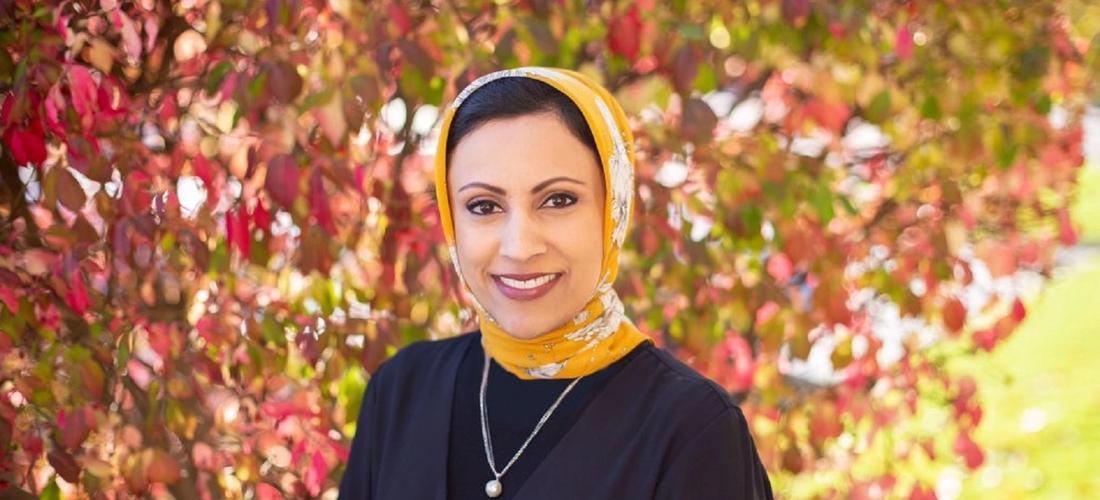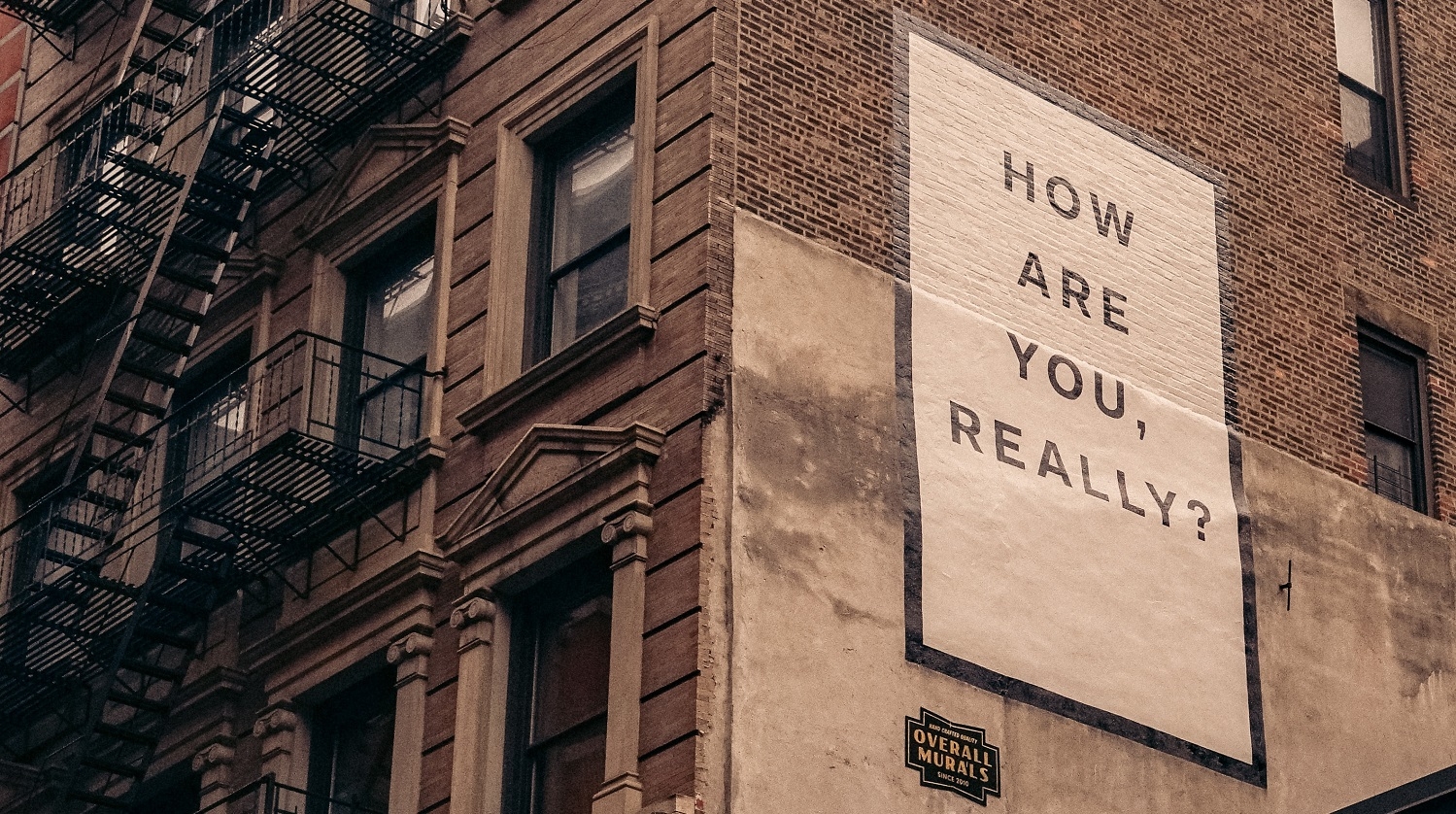Mental Health Must be Prioritized in Minority Communities – Talking with Dr. Asra Hamzavi
Lifestyle
|
Jun 7, 2022
|
3 MIN READ

Dr. Asra Hamzavi
Despite focused efforts, access to mental health services is limited for minority communities across the country. And even when there is access, getting over one's own stigmas regarding seeking mental health support is a challenge many Muslims and other minority groups face.
But the silver lining of the COVID pandemic has been a growing awareness among our communities that mental health must be better prioritized.
Dr. Asra Hamzavi is an adult psychiatrist who founded her own practice called Hamzavi Psychiatry and Wellness Center. During an interview for Mental Health Awareness Month in May, Dr. Asra says the pandemic provided an opportunity for people to take mental health seriously through using virtual options.
“When you sit down and you talk to somebody and work through … some of the things that might be affecting you – present-day or even in the past – you start to understand what to do with your thoughts and your feelings. And then it informs kind of your behaviors.”
Dr. Asra says the need for mental health was present before the pandemic, but it was exacerbated during the pandemic, which presented opportunities for more people to explore therapy.
“For those of us that trained in the field, we are people-oriented and we like to be in front of the person and we actually do a lot of observation when we’re talking to somebody … At the same time, what we gained was a glimpse into people’s homes and lives that we might not otherwise have.”

Image source: Pexels
She says for some people, virtual options make mental health services more accessible while creating challenges for others. Domestic violence, child abuse and martial and family conflict increased during the pandemic, she says.
Dr. Asra treats adults 18 and older. During the pandemic she treated many school teachers, administrators and parents. She says the changing education system during the pandemic took an enormous toll on people caring for children.
“There was the initial shock and people were kind of in survival mode. … as it continued, and people started to realize this is not going away overnight. I think that’s when some of the mental health toll started to take hold.”
All the while, mental health professionals were going through their own challenges.
“So the ability to get that help was a challenge, I think, for many people,” she says.
Mental Health Challenges for Muslim (and Other Minor) Communities
Dr. Asra says minority communities faced greater disparities throughout the pandemic due to barriers like lack of health care, expenses, childcare and transportation.
“All these things are being compromised when you strain the system this much,” she says, adding that people can connect with their social networks such as schools or workplaces to receive assistance.
“A lot of HR departments are recognizing the need to fill this gap and also in the school communities,” she says.
According to mentalhealthamerica.org, Asian Americans are three times less likely to seek mental health services, due in part to stigma. Asian Americans make up 6.1 percent of the U.S. population. Dr. Asra says while stigma is not limited to the Asian American communities, it’s amplified. She says those who are afraid to reach out to mental health professionals should exhaust all options – and then consider therapy if they chose to.

Image source: Pexels
“If you feel like you have gone and tried everything you possibly know, every coping strategy that you have, and you’ve gone on every avenue that you typically would use and you’re still struggling, you need to be asking yourself, Is this working for me? And do I have any other great ideas?”
The good news, Dr. Asra says, is that people are resilient.
“Recognizing that you’re not alone and reaching out to people to be honest about how you’re struggling can go a long way,” she says.
Looking for more information on how to take care of your mental health? Here are some resources:
- Speaking to kids about violence https://www.bloomfield.org/about-us/safety-security/resources
- Child Mind Institute
- Find a therapist on Psychology Today
- American Psychological Association, a network of 133,000 researchers, clinicians, health care professionals
How do you care for your own mental health? Let us know in the comments below! A version of this article originally appeared in WDET.org.
Subscribe to be the first to know about new product releases, styling ideas and more.
What products are you interested in?

